Below is a viewpoint from the Foresight Africa 2023 report, which explores top priorities for the region in the coming year. Read the full chapter on economic recovery and growth.
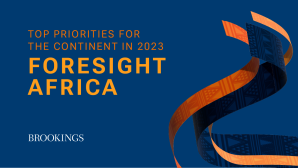 Africa has been greatly impacted by the economic fallout from the COVID-19 pandemic. The war in Ukraine, surging global inflation, and rising interest rates have put further pressure on African governments, many of whom now face extreme liquidity challenges, impaired debt repayment capacity, and threats of debt distress and default.
Africa has been greatly impacted by the economic fallout from the COVID-19 pandemic. The war in Ukraine, surging global inflation, and rising interest rates have put further pressure on African governments, many of whom now face extreme liquidity challenges, impaired debt repayment capacity, and threats of debt distress and default.
Clearly, African governments must respond to the impact these incidents are having on their finances and economies. For many, that means evaluating whether they should restructure their debt, and if so, how.
Yet, the focus must go beyond responding to the current crises.
Crisis often offers an opportunity to evaluate the cause of the crisis, the effectiveness of various solutions, and most importantly, future prevention options. African governments must thus use the recent spate of crises as an opportunity to reflect on, gain new perspective around, and reassess their current approaches to borrowing and financing more broadly.
African governments must thus use the recent spate of crises and as an opportunity to reflect on, gain new perspective around, and reassess their current approaches to borrowing and financing more broadly.
Among available innovations, climate, green and blue bonds, and loans offer countries much needed finance as well as assistance with achieving the U.N. Sustainable Development Goals (SDGs). Debt for nature swaps, debt for climate swaps, and debt for health swaps can also support governments with many of the same sustainable development objectives. These progressive schemes should be considered by African governments as they look for ways to build back better.
Moreover, governments should ensure that any new lending is resilient to, or insured against, future climate, nature, and health emergencies—for example, by negotiating instruments that allow for short-term debt deferrals in the incidence of climate or other related shocks (such as a pandemic or a drought). Such provisions would allow governments to reallocate finances to domestic disaster relief, without the risk of defaulting.
Governments should also explore alternatives to borrowing for development finance. Here, sovereign wealth funds can help to foster self-reliance and allow countries to deploy income from natural resources and other assets to finance infrastructure development, environment-friendly strategies, and other projects that catalyze growth.
Clearly, effective debt management is the bedrock upon which sustainable financing rests. To lessen the impact of future crises, debt management capabilities in Africa must improve. This includes having, and knowing how to use, the most up-to-date debt management systems. In addition, debt managers must have a clear understanding of when, how, and where to borrow—including considerations of when and whether domestic debt should be employed over external debt, matching debt maturities to projects, and negotiating contracts that are resilient and “restructurable” if needed. This general understanding must be accompanied by robust and enforceable legal frameworks within countries.
In this regard, the African Legal Support Facility (ALSF) assists African governments to navigate the complexities of managing sovereign debt prudently. The ALSF provides comprehensive advisory services, knowledge resources, and capacity building required to achieve debt sustainability—including in connection with new debt, debt management strategies, debt relief and restructuring, sovereign wealth funds, and sovereign finance generally.
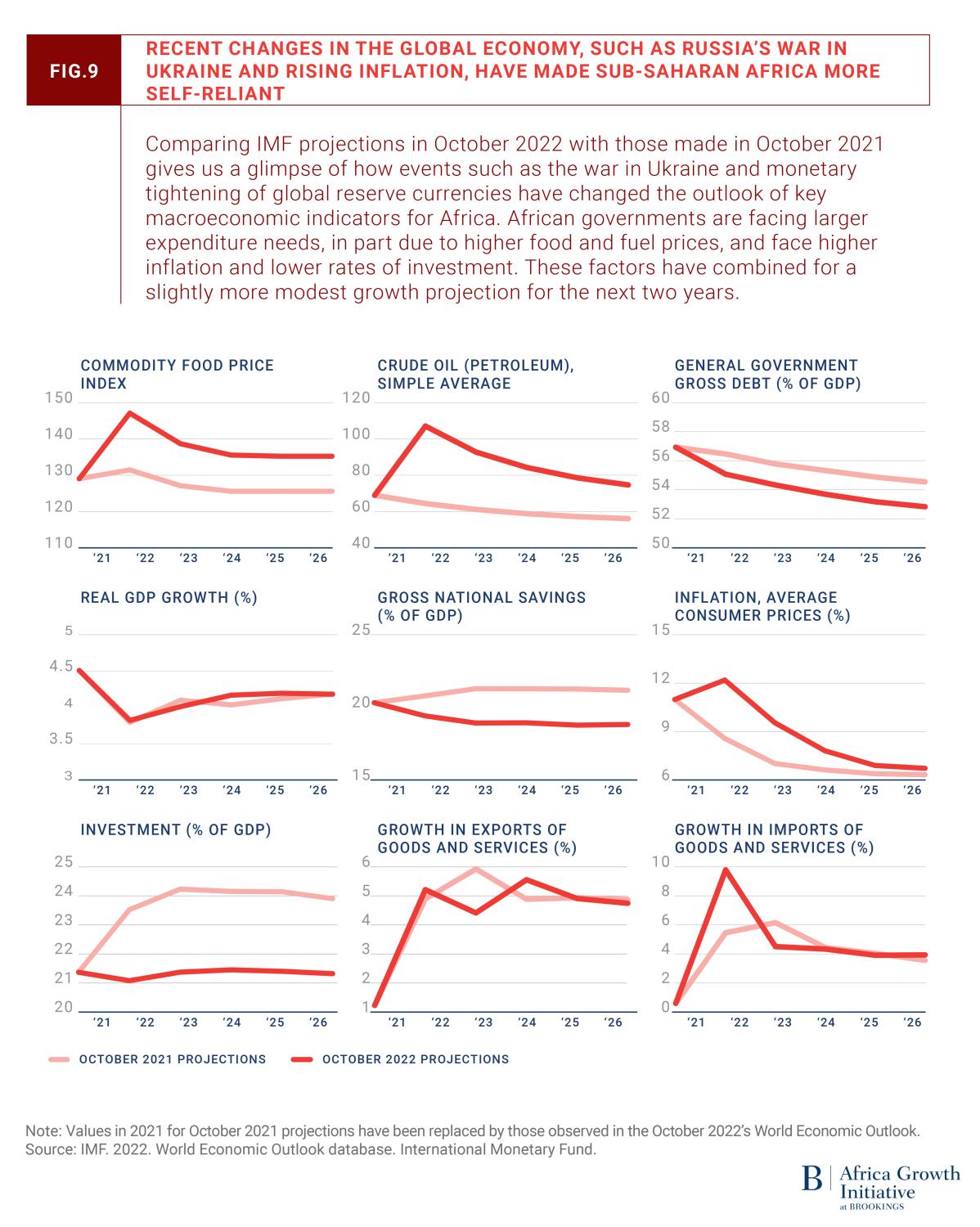
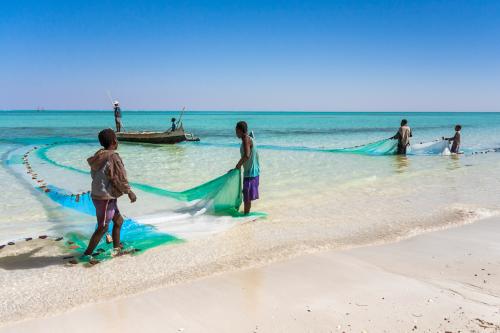
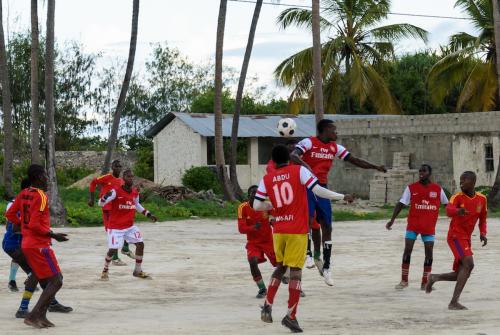
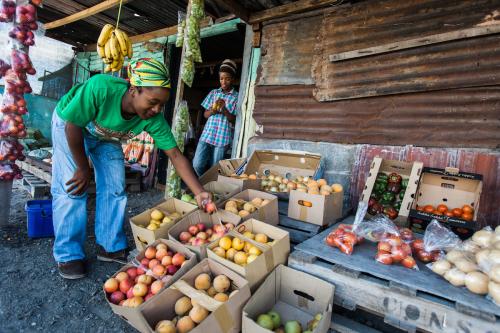
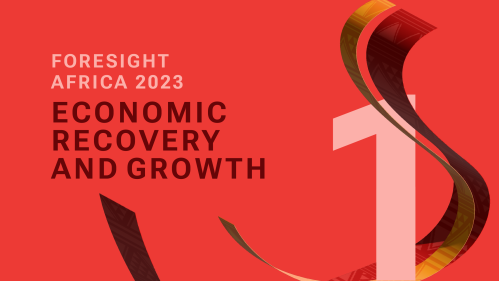



Commentary
Africa’s sovereign finance toolbox: Building resilience for a sustainable future
August 10, 2023